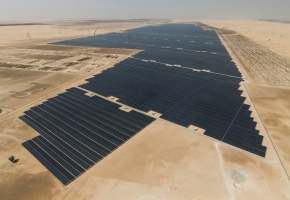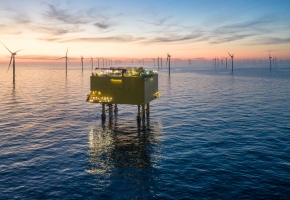Nobel Prize in Chemistry Awarded to Developers of Lithium-Ion Batteries

Winners of the Nobel Prize in Chemistry, from left, U.S. engineer John B. Goodenough, Japan’s Akira Yoshino and M. Stanley Whittingham of the U.K.
Photo: From left: UNIVERSITY OF TEXAS/EPA/SHUTTERSTOCK; SHINJI KITA/KYODO NEWS/ASSOCIATED PRESS; JONATHAN COHEN/BINGHAMTON UNIVERSITY/ASSOCIATED PRESS
The Nobel Prize in Chemistry was awarded to three scientists for their work developing lithium-ion batteries - power sources that touched off a technological revolution and gave rise to cellphones and electric cars.
U.S. engineer John B. Goodenough, M. Stanley Whittingham of the U.K. and Akira Yoshino of Japan shared the 9 million Swedish kronor ($906,000) prize awarded by the Royal Swedish Academy of Sciences.
Lithium-ion batteries can be combined with energy sources that fluctuate over time, such as solar power, to provide a seamless power supply. The batteries have also enabled a switch from fossil-fuel transportation to electric transportation.
“It often takes a long time for the device field to have its turn come,” Dr. Yoshino said in a news conference, explaining why researchers in the field hadn’t won earlier.







